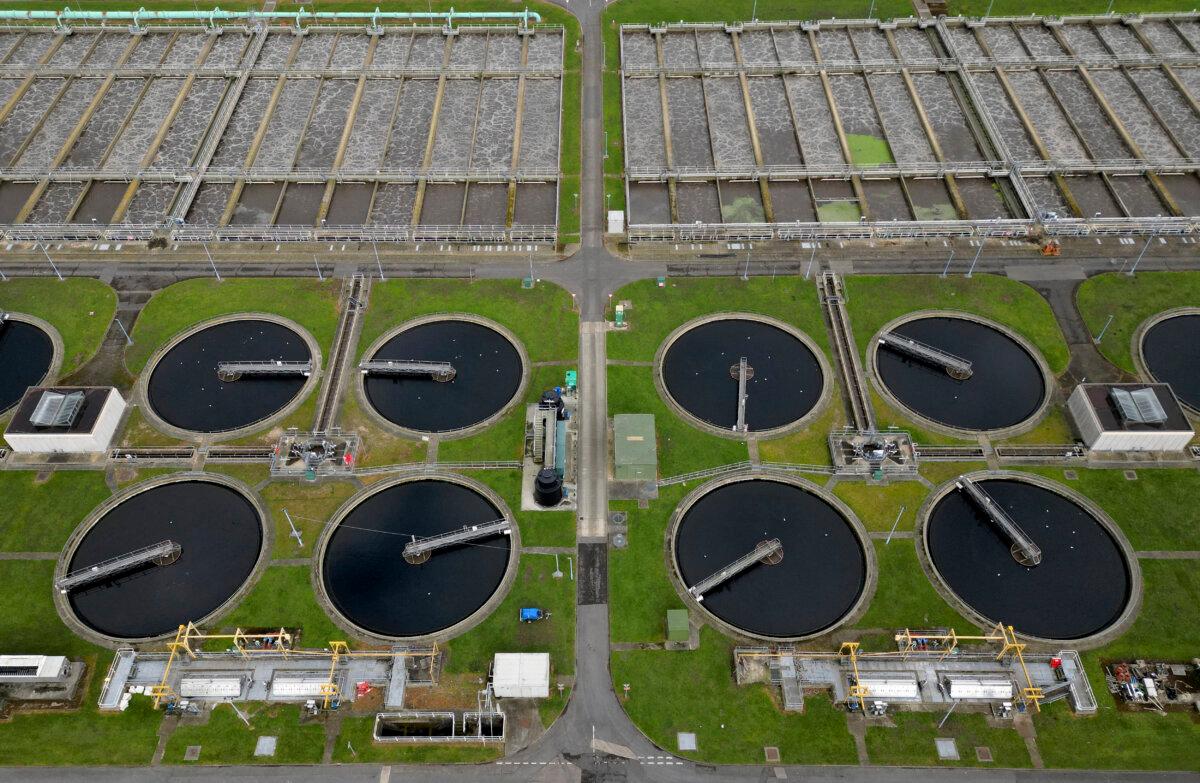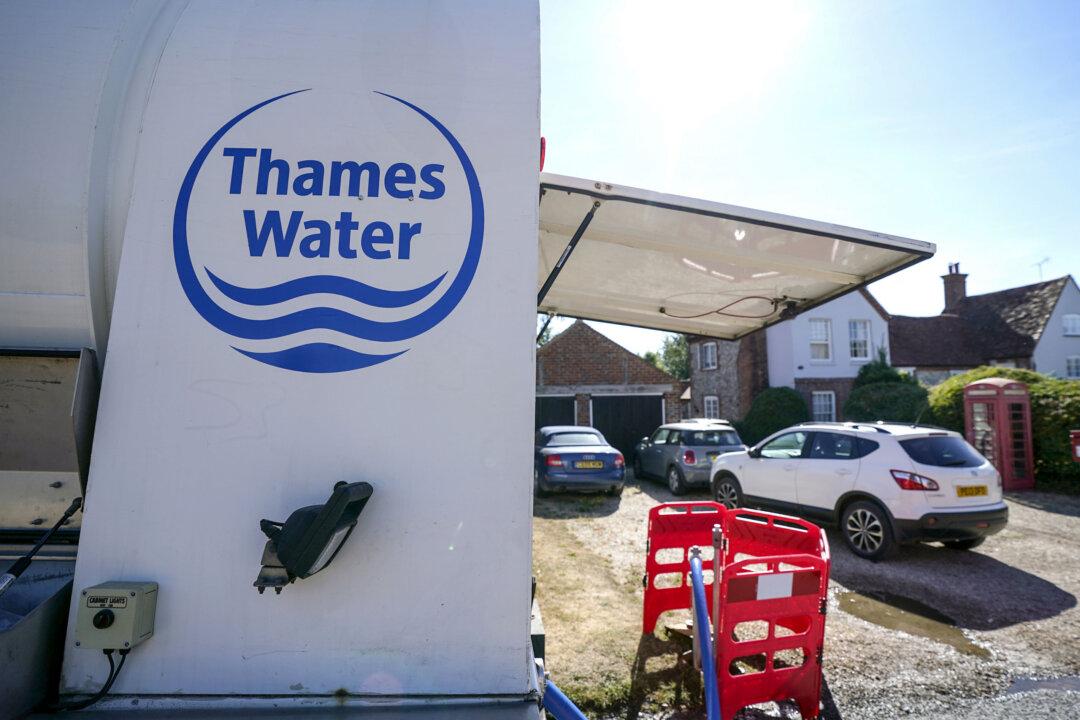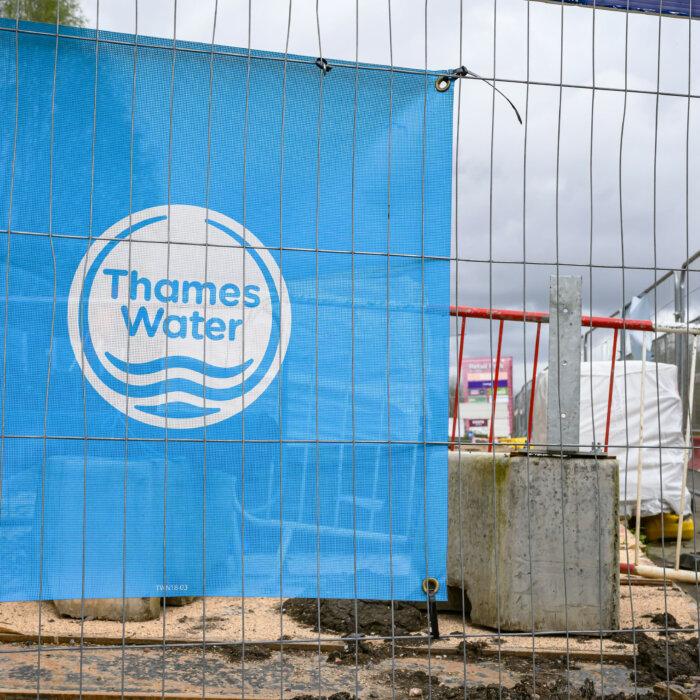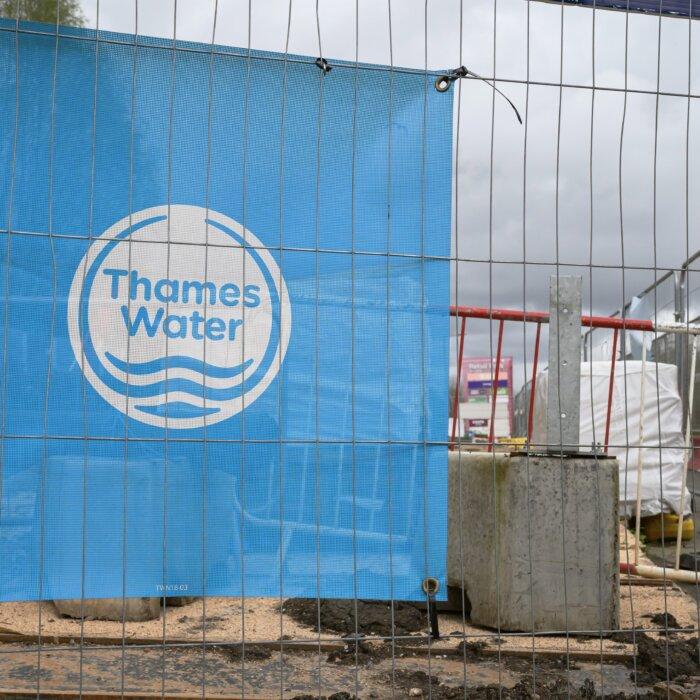Thames Water has been hit with a record-breaking £122.7 million fine by the regulator Ofwat for sewage treatment failures and dividend payment breaches.
The financial penalty—the largest ever imposed on a water company—comes as the debt-laden utility battles for survival amid calls for nationalisation and concerns over the ultimate cost of the company’s financial distress to taxpayers.
Ofwat’s fine is split into two parts: £104.5 million for sewage treatment failures and £18.2 million for breaching rules on dividend payments.
The investigation uncovered that Thames Water paid £37.5 million in interim dividend payments in October 2023 to its holding company, Thames Water Utilities Holdings Limited, and a further £131.3 million in March 2024.
David Black, Ofwat’s chief executive, called it a “clear-cut case” in which the company “has let down its customers and failed to protect the environment.”
This marks the first time Ofwat has penalised a company over shareholder payouts. The decision puts Thames Water into “cash lock up,” requiring it to obtain Ofwat’s approval before paying out any further dividends.
On March 31, it announced that it had selected U.S. private equity firm Kohlberg Kravis Roberts & Co. (KKR) as its preferred bidder to acquire a majority stake in the company.
The deal, however, remains subject to due diligence, regulatory approvals, and final agreement on terms.
Special Administration Regime
If Thames Water were to become insolvent or unable to provide essential services, it could be placed under the Special Administration Regime (SAR).SAR is a legal safety net used to keep vital utilities running when private companies fail.
The regime was last triggered in 2021 when Bulb Energy collapsed during soaring wholesale energy prices.
In such cases, the government steps in to fund operations, with the goal of recovering those costs later through restructuring or a sale.
At the High Court hearing, Mr. Justice Leech said that if Thames Water’s rescue plan wasn’t approved, the next likely option would be for the company to enter the SAR.
However, after considering the public need for uninterrupted water services, he decided to approve the company’s rescue plan instead.

Thames Water Defends Record
In response to the penalties, Thames Water said it takes its environmental responsibilities “very seriously.”The firm added that it has already made progress in addressing issues related to storm overflows.
Private Equity Bid
Despite the company’s optimism over KKR’s £4 billion proposal, the prospect of a foreign private equity takeover has sparked debate in Westminster.He pointed out that the company already holds 187 criminal convictions and urged the government to clarify what conditions it would impose on any new owner.
“We need to know precisely what the government will demand,” he told peers.
In a separate parliamentary debate, Liberal Democrat MP Luke Taylor noted that more than a quarter of Thames Water customer water bill payments now go toward interest on its debt.
Taylor questioned the decision to allow a foreign private equity firm to take over such a critical public utility and called for sector-wide reform, suggesting the government should work in collaboration with Thames Water to ensure “good governance.”
Calls for Public Ownership
Labour MP Bell Ribeiro-Addy rejected the idea of another private takeover altogether, advocating instead for renationalisation.She dismissed arguments in favour of competition as irrelevant in a monopolised sector.
“Which other water company can my constituents switch to when the service is poor?” she asked.
What It Means for Customers
Thames Water’s financial problems and record fine raise big questions for the 16 million people who rely on its services.For now, water and sewage services will continue as normal, even if the company ends up in the SAR.
While Ofwat has blocked Thames Water from paying dividends and is watching its finances closely, campaigners argue that these measures are not enough.
“We don’t need the sticking plaster of reactive fines, we need proper surgery: to remove the profit motive from water,” it added.







